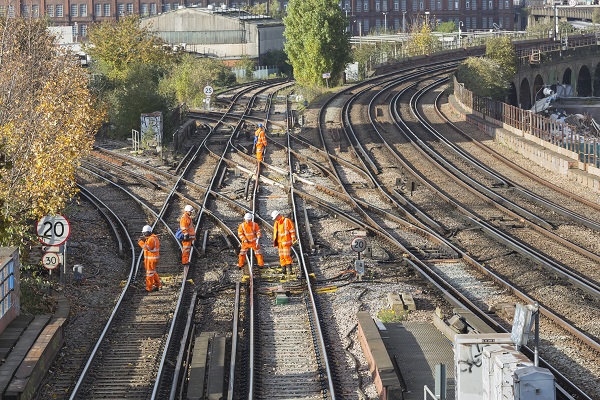Your Rights Under the Locomotive Inspection Act, a Helpful Tool in FELA Cases
 When we meet with railroad engineers, they have often heard of the Locomotive Inspection Act, and ask what additional rights it provides to engineers (or any railroad employee injured on the locomotive engine). The Locomotive Inspection Act (originally called the Boiler Inspection Act) requires that railroads maintain their locomotives in a condition that is safe to operate. When they don’t, and an employee is injured because of it, the injured employee does not need to prove negligence by the railroad as part of their FELA claim.The employee only needs to prove that he or she was injured because of the railroad’s failure to maintain its locomotive. This is called strict liability. In addition, the railroad is denied any comparative negligence defense in the FELA claim. This means that even if the employee was partly at fault for the injury, the railroad is still responsible for the plaintiff’s full damages.The railroad cannot argue, as they often like to do in FELA cases that the employee’s violation of a safety rule caused or contributed to the injury.
When we meet with railroad engineers, they have often heard of the Locomotive Inspection Act, and ask what additional rights it provides to engineers (or any railroad employee injured on the locomotive engine). The Locomotive Inspection Act (originally called the Boiler Inspection Act) requires that railroads maintain their locomotives in a condition that is safe to operate. When they don’t, and an employee is injured because of it, the injured employee does not need to prove negligence by the railroad as part of their FELA claim.The employee only needs to prove that he or she was injured because of the railroad’s failure to maintain its locomotive. This is called strict liability. In addition, the railroad is denied any comparative negligence defense in the FELA claim. This means that even if the employee was partly at fault for the injury, the railroad is still responsible for the plaintiff’s full damages.The railroad cannot argue, as they often like to do in FELA cases that the employee’s violation of a safety rule caused or contributed to the injury.
Some examples of hazardous locomotive conditions that can result in strict liability for the railroad include slipping hazards such as grease, broken lights providing insufficient illumination, malfunctioning brakes, broken chairs, and broken grab irons. If you are ever injured on a locomotive engine, it is especially important to look around your surroundings to determine if there were any unsafe conditions on the locomotive that contributed to your injury.If so, it may be much easier for you to hold the railroad accountable in your FELA case.
Call me with questions:
410-769-5400
